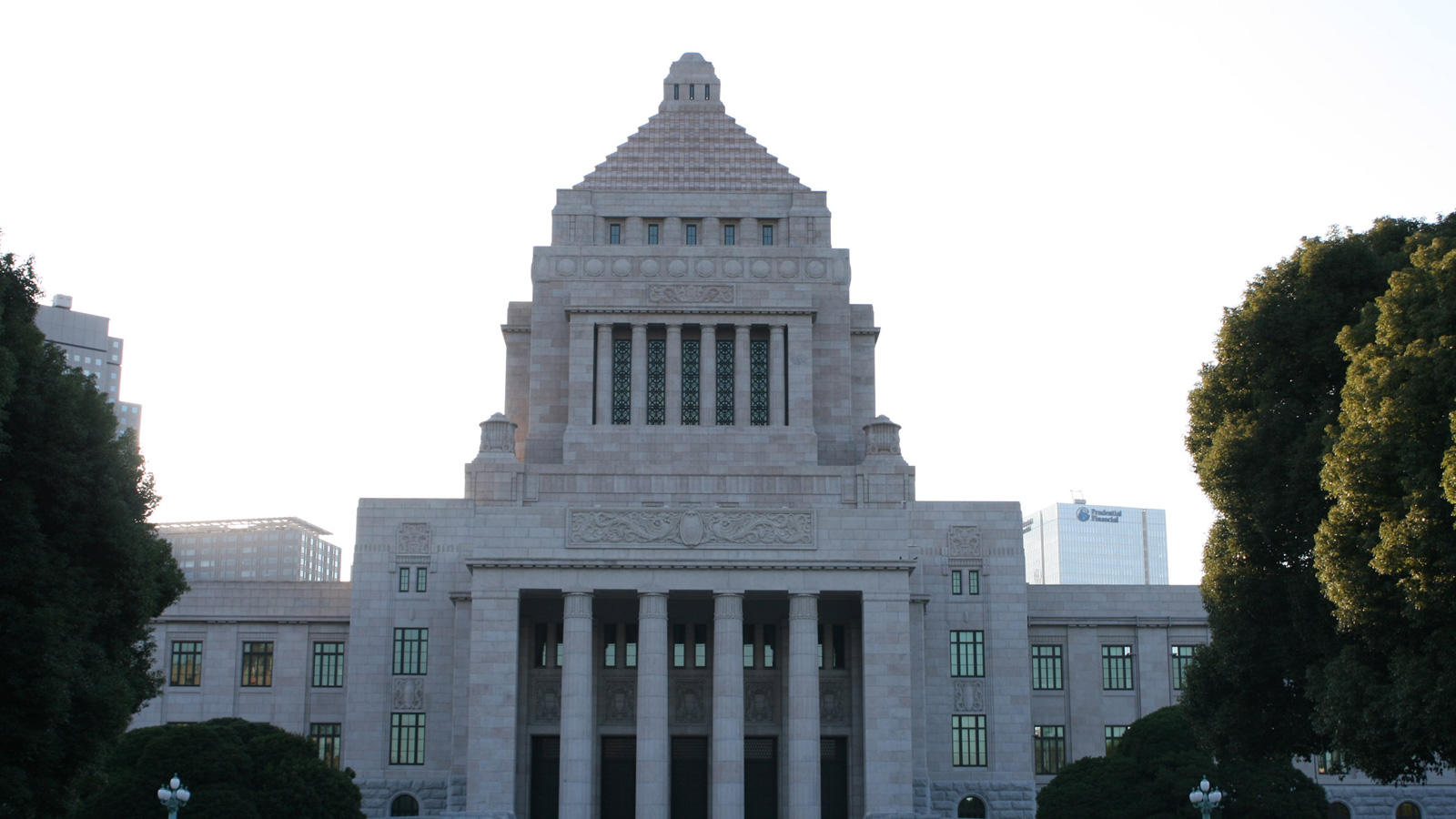Democracy is facing a difficulty in Asia and the rest of the world. How about the current state of democracy in Japan?
According to the findings of a recent opinion poll, conducted by The Genron NOP, opinion is divided among Japanese pollees on whether democracy is functioning appropriately in Japan. What's wrong with Japanese democracy?
In a recent discussion on democracy, moderated by Yasushi Kudo, president of independent Japanese think tank The Genron NPO, three Japanese experts looked at how democracy is functioning today, and how voters should do to rebuild the democratic system.
Yu Uchiyama, a professor at the University of Tokyo Graduate School of Arts and Sciences, began the discussion by pointing to the finding of the Genron survey that 50 percent to 70 percent of the respondents replied they do not trust such institutions that sustain the democratic system as the National Diet, the prime minister, the political parties and the media. Meanwhile, a majority of the respondents are sustaining trust in democracy as a system, said Uchiyama, adding that it is important not to make the public opinion develop into the distrust in the system itself, while the confidence in it remains.
Uchiyama also said that the rise of populism results from the public distrust in existing political parties and indicated the possibility that populism would serve to renovate democracy, instead of destroying it.
Toru Yoshida, a professor at Hokkaido University's Graduate School of Law, referred to the finding of the Genron NPO poll that some 60 percent of the pollees said they are pessimistic about the future of Japan, and said that such pessimism is prevailing in many other countries.
"The pessimistic view about the future is closely related to populism," Yoshida said, adding that the American people who voted for President Trump and the French voters who supported Le Penn are all pessimistic about the future of their own countries. "The spread of pessimism is an ominous harbinger of the rise of populism," he warned.
Yoshida also acknowledged that the presence of global warming and other ultra-long-term issues, which cannot be readily solved by parliamentary democracy and the cycle of elections, is fostering the public distrust in conventional politics and the expansion of public pessimism.
Meanwhile, Koji Nakakita, a professor at Hitotsubashi University's Graduate School of Social Sciences, said that the degree of public trust in key institutions sustaining democracy is comparatively higher than in other countries, while populism is not such strong in Japan as that in Europe. Why?
In Nakakita's observation, Japan is free from constraints to the national sovereignty, and Japanese people feel the legitimacy of democracy because of the presence of non-democratic neighboring countries (China and North Korea) and the knowledge of what's going to happen in those countries domestically.


Post a comment